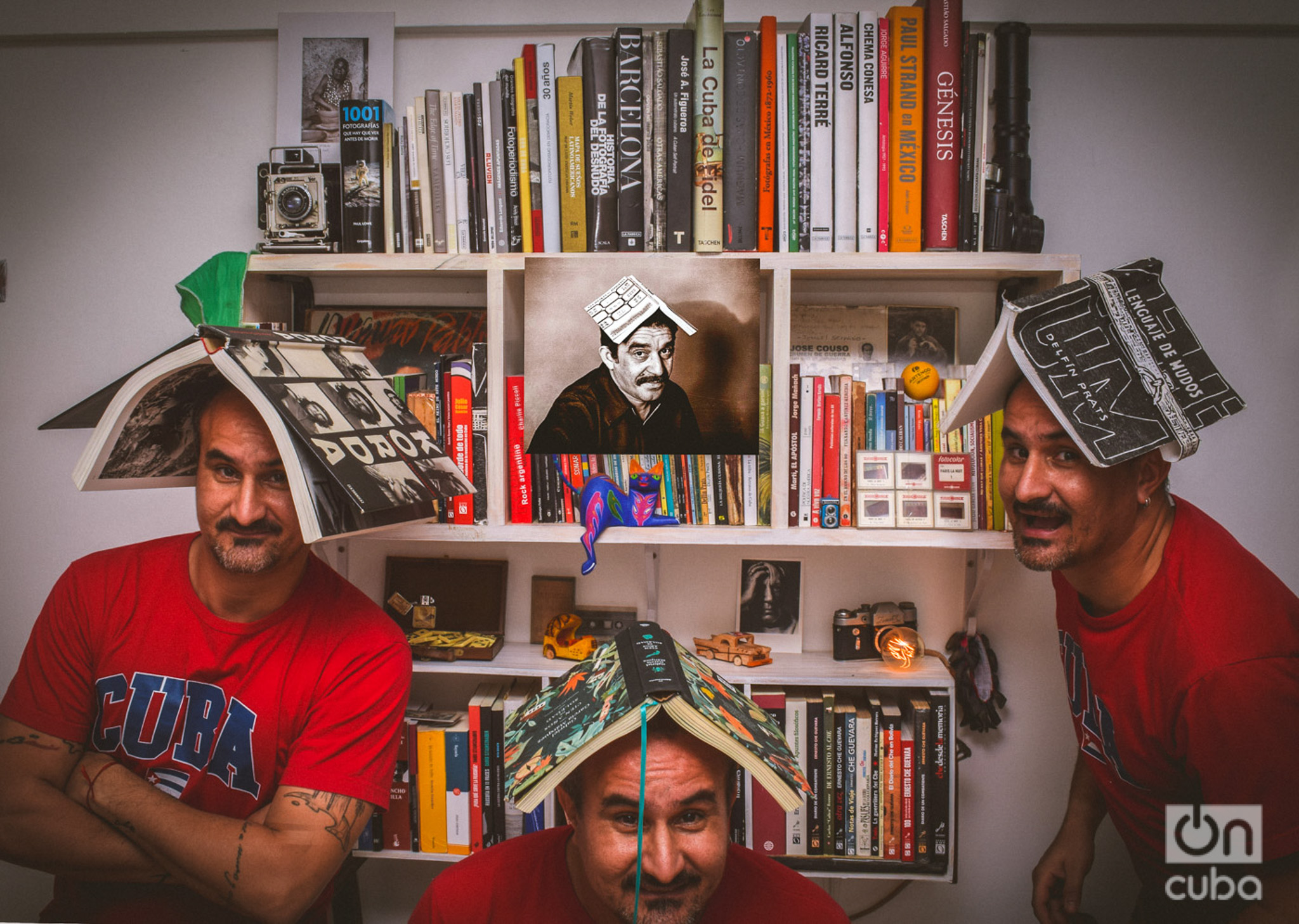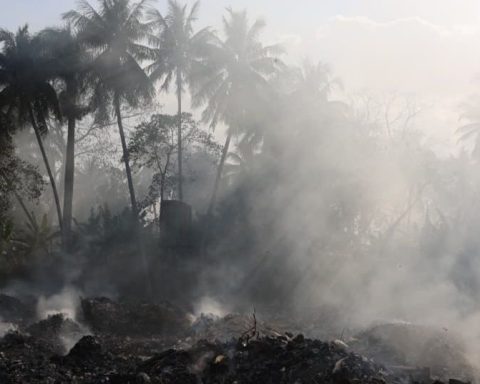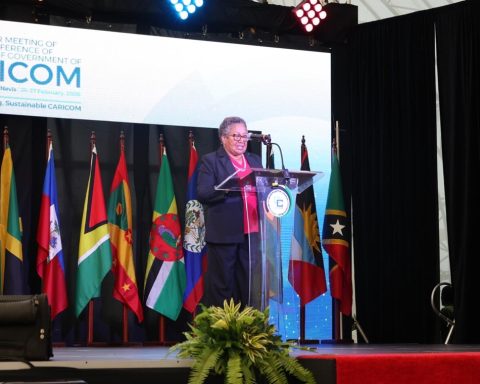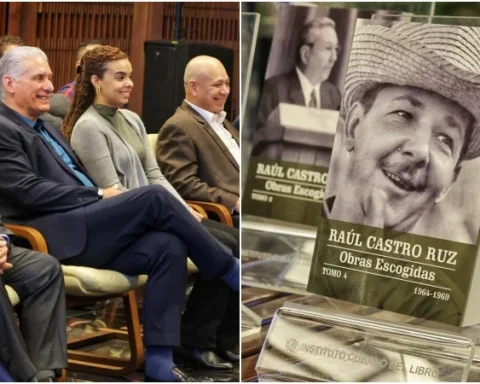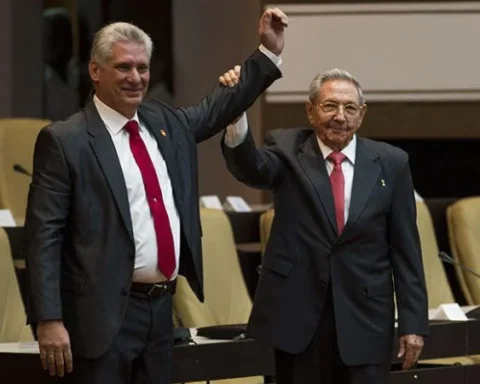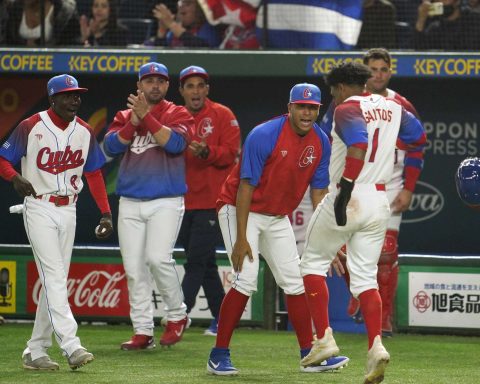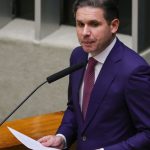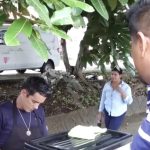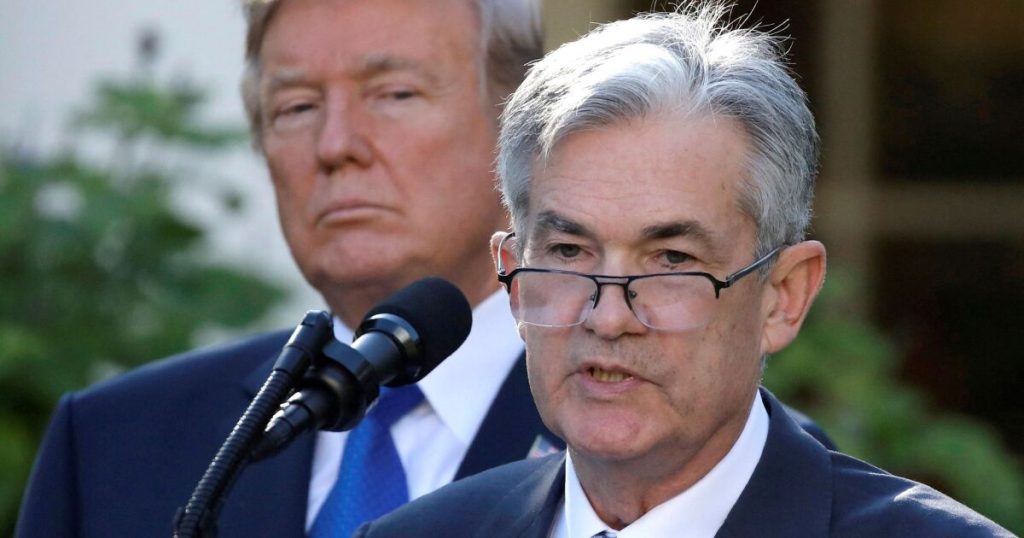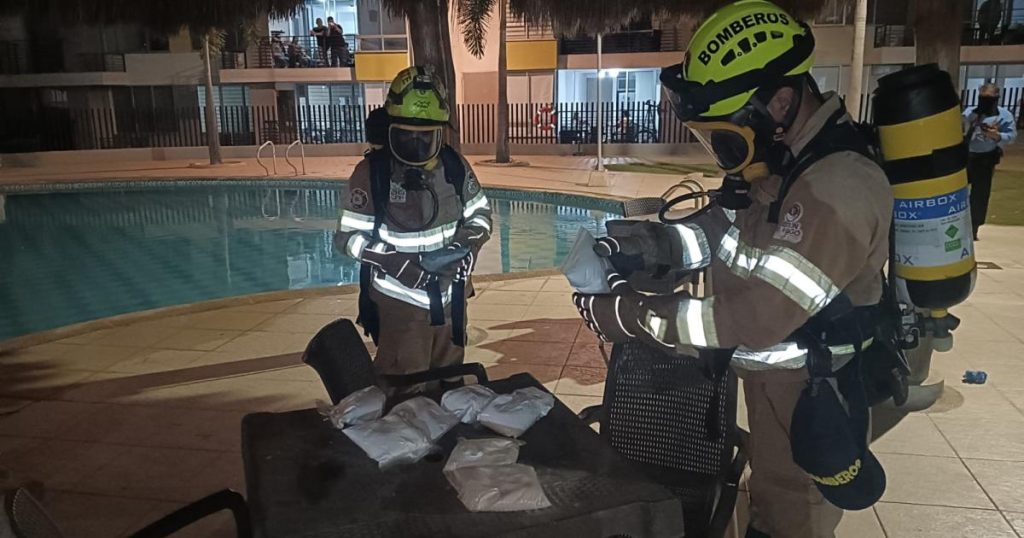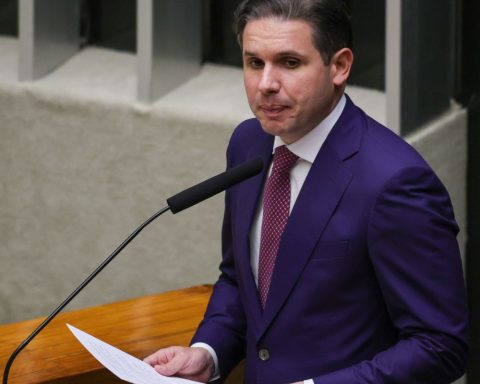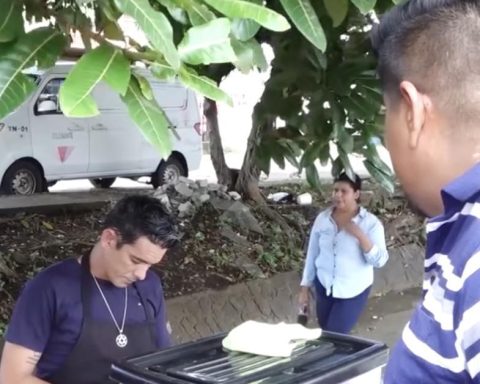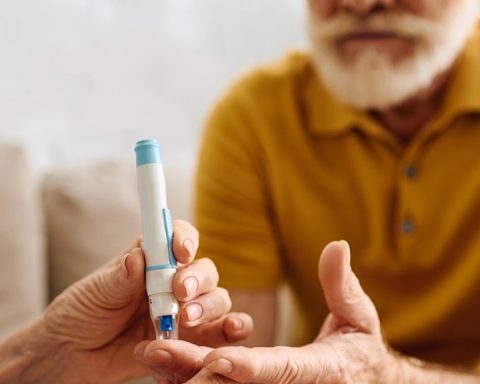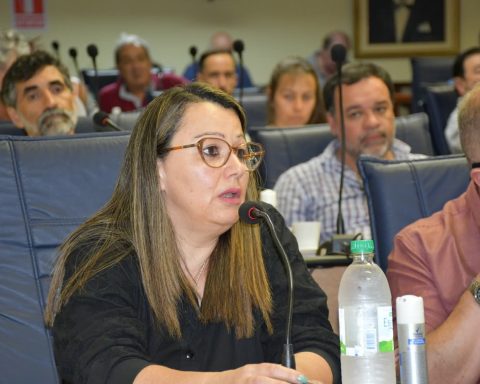“Time is fast / your essential life …” Sings David Lebón in an Argentine rock classic for years, but in me those verses were nailed like a mantra from the pandemic of COVID-19that locked us suddenly, with fear, five years ago. When did a five years pass? How did it happen, if 2020 was an eternal lethargy?
There are times when the minutes stretch like a gum, and others in which the days rush. In the pandemic we had a suspension of time and, at the same time, lost time. In the midst of that limbo, I – like so many – I clung to the only thing I had left: my gaze. My camera. My way of living the world.
An April morning, when I had been locked in my little apartment for about a month, something happened that now, five years later, I recognize as a personal inflection point. One night I grabbed the camera and started portraying myself.
They were not selfies, but deliberate self -portraits. I wanted to leave a personal testimony of those days. And, in that attempt to register my routine, something else appeared, something unexpected: It became a game.
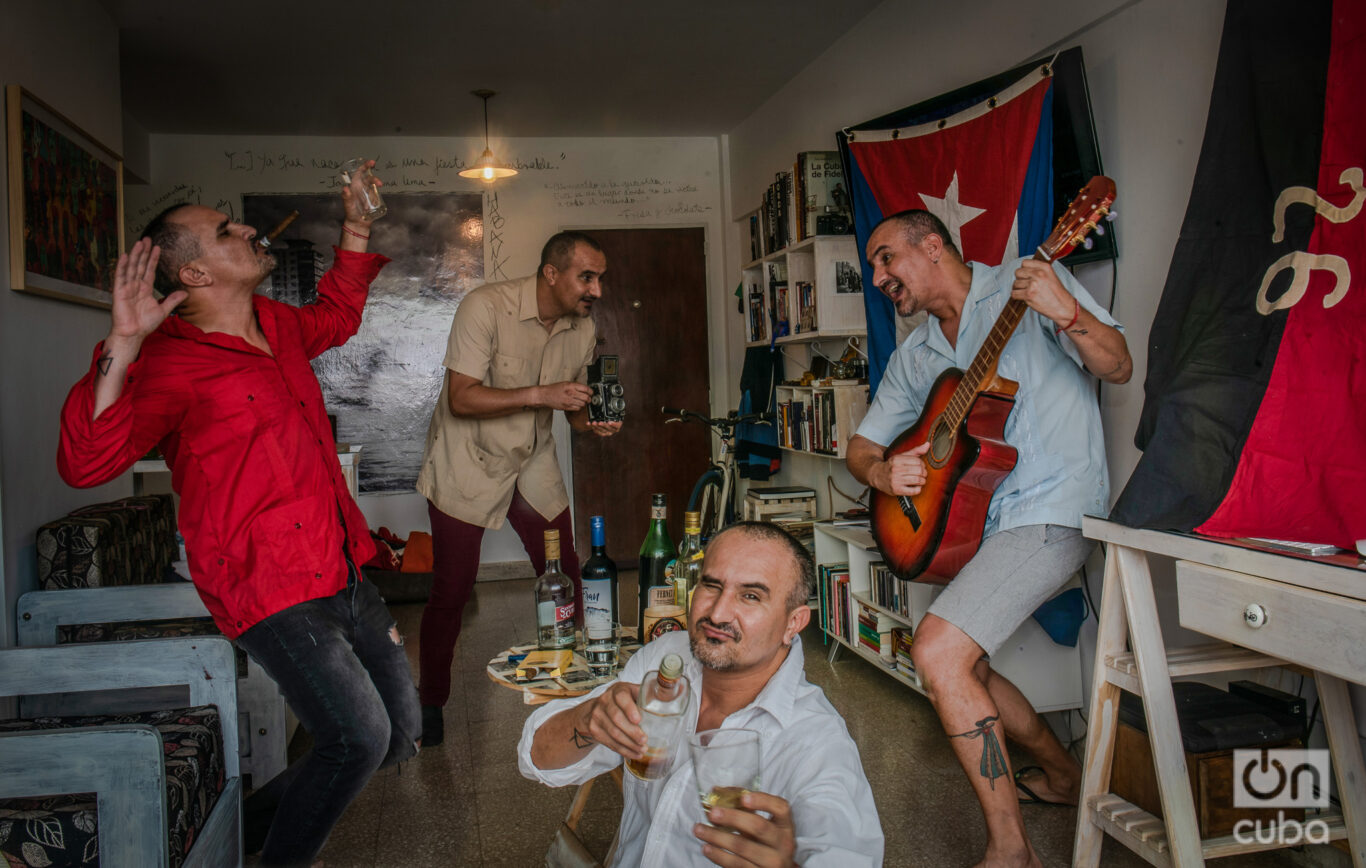
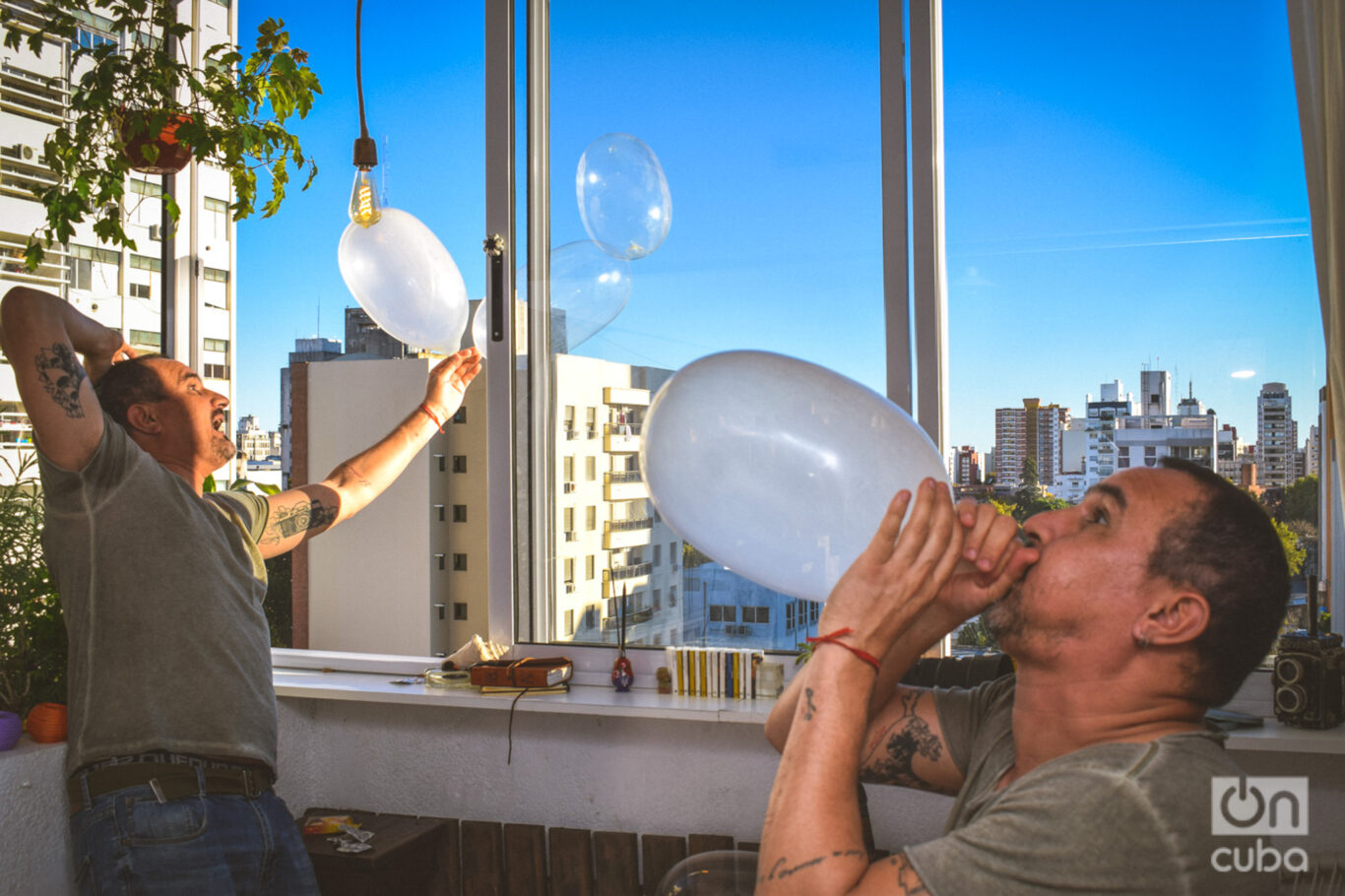
I cloning. I invented. I appeared in different versions of myself at the same frame. Suddenly I was not alone: I was surrounded by my own “Ies.” My doubles, my shadows. I called them the mimicisms, an alter egos gang with whom to share quarantine.
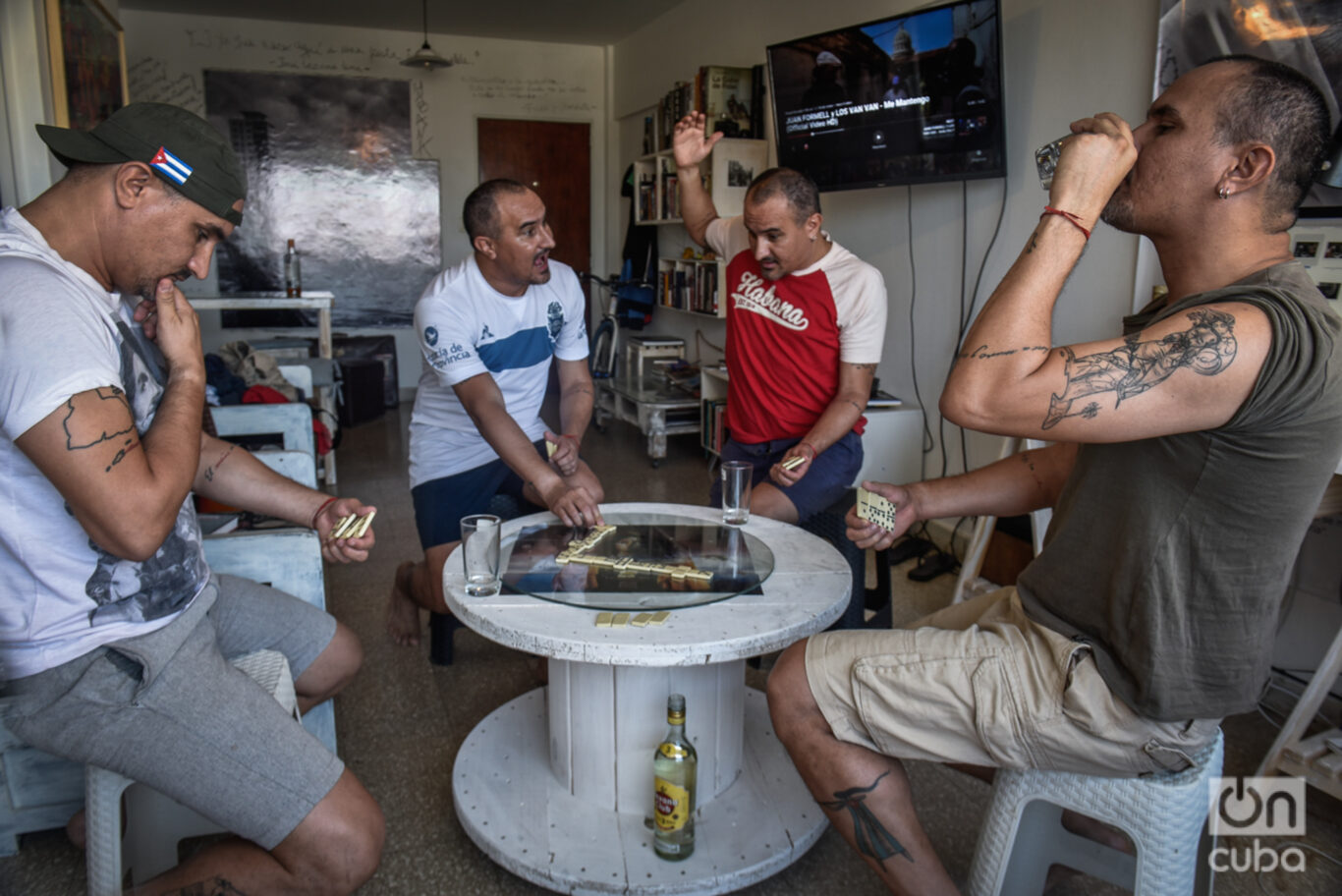
One read in the armchair, while another worked on the computer, another read lying on the floor, another looked at the door as arriving with a suspicion. Some played dominated or danced. Thus the mimicisms were emerging day after day. And each one had their own personality. I had fun thinking about his gestures, his functions. I spent the day planning the scene, running furniture to prepare the scenery, changing my clothes, creating montages, laughing alone while building those daily fictions.
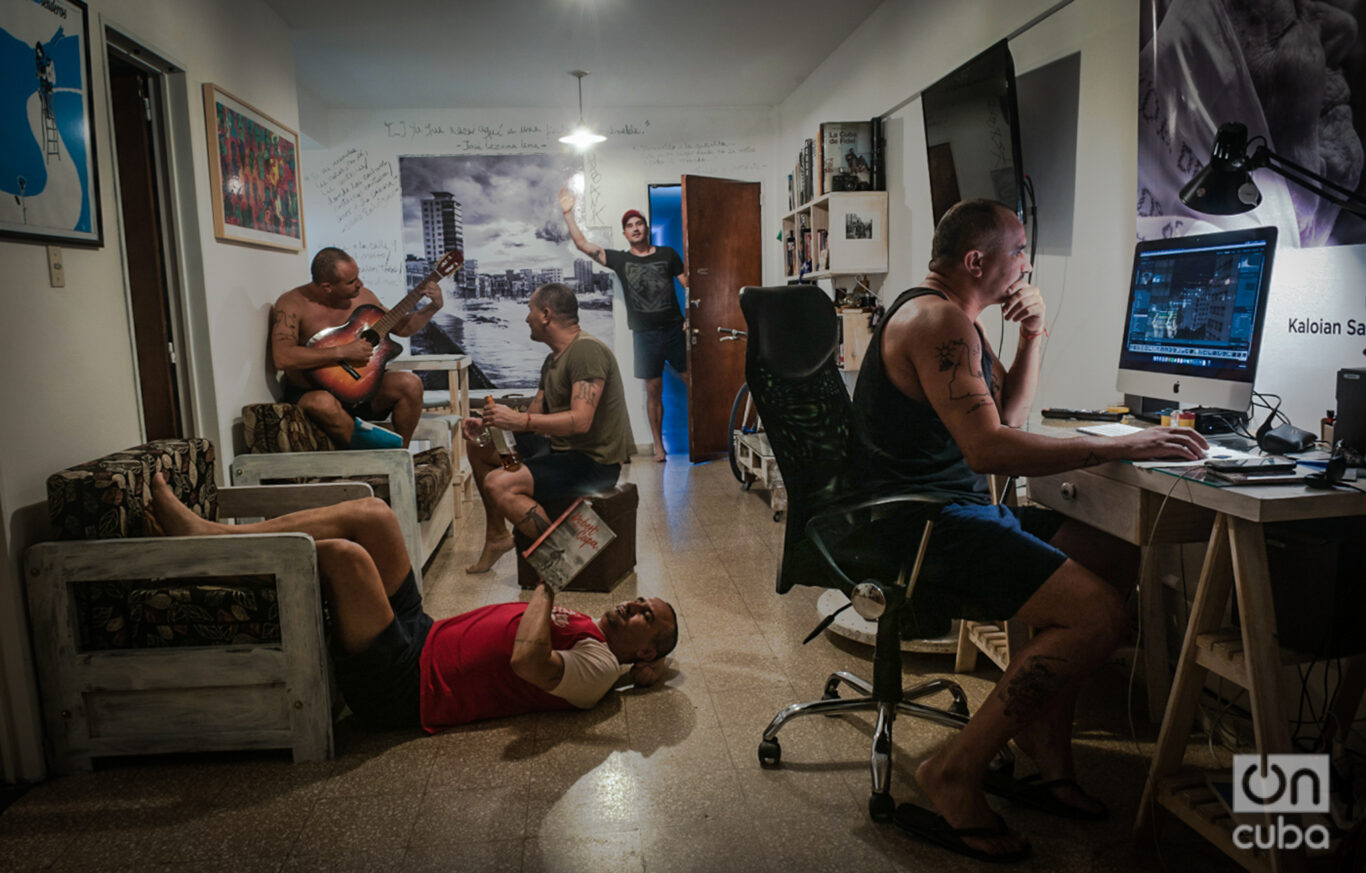
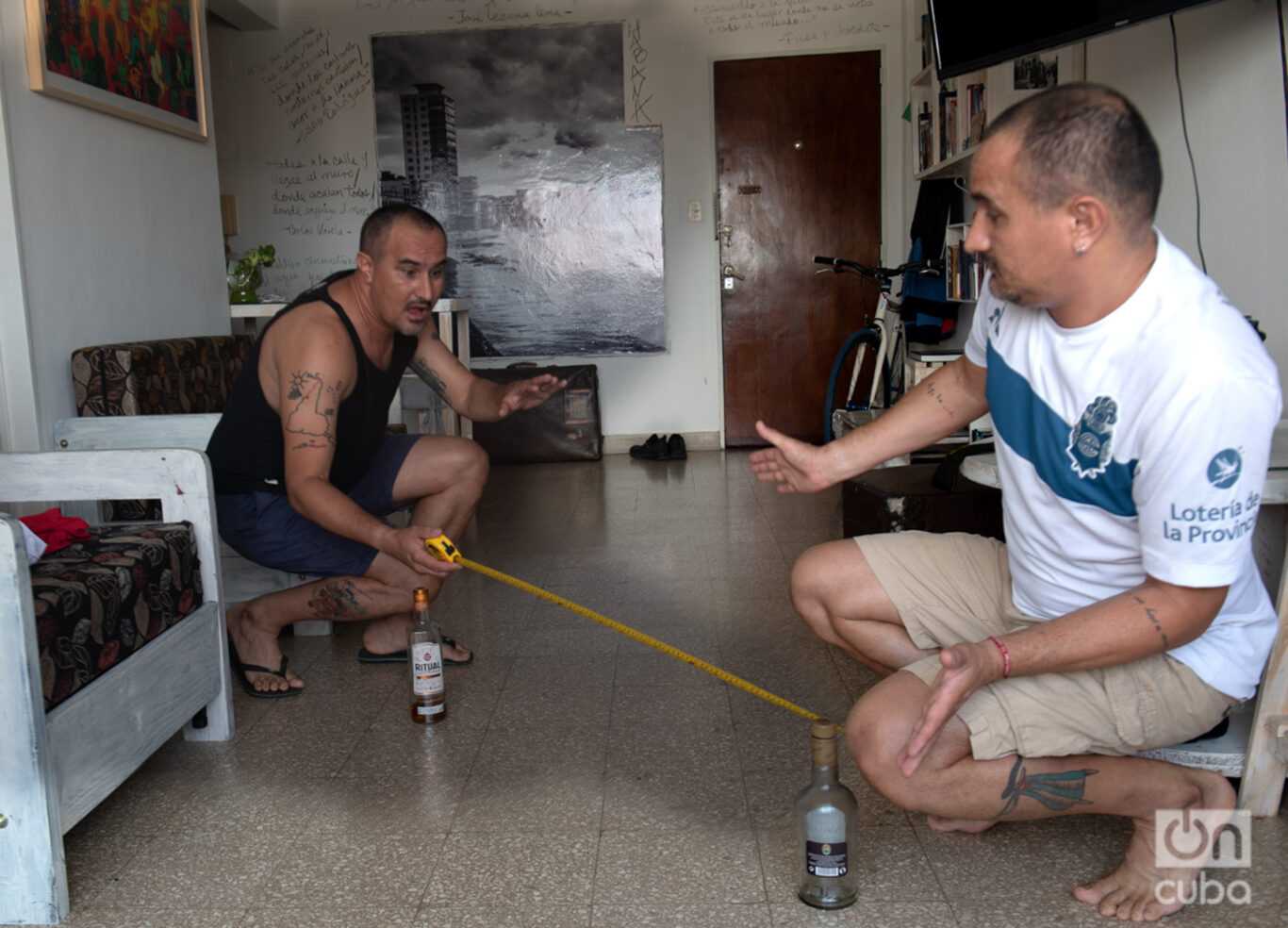
It was something new to me, that I come from photojournalism, to catch “reality as it happens”, without makeup or decorated. Suddenly, I was making fictitious universes, riding layers of myself in Photoshop, composing scenes where the truth had escaped. But there was the paradox: in that lie there was a deeper form of reality. A portrait of my mind in quarantine. It was testimony not of the facts itself, but of emotions.
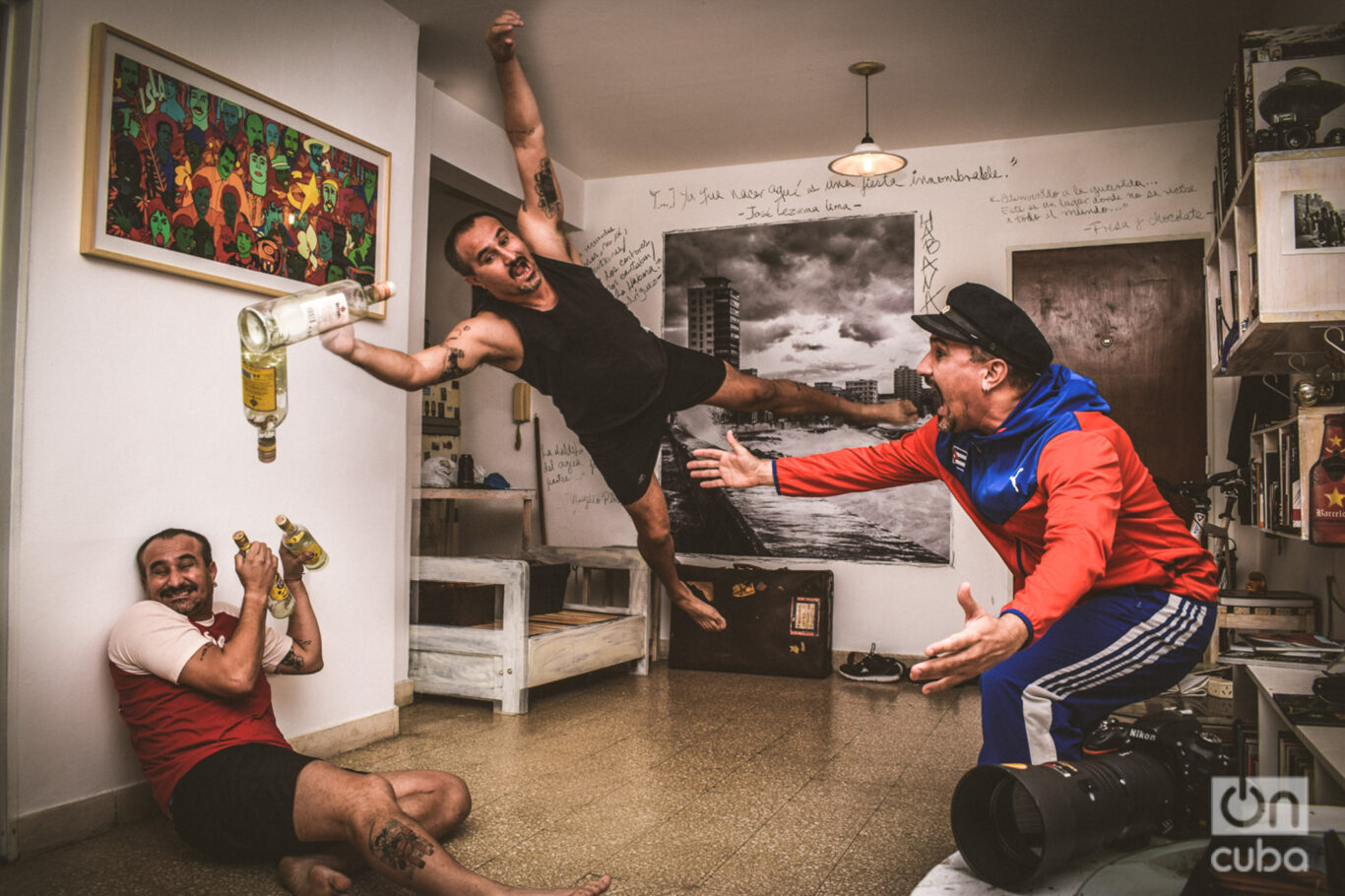
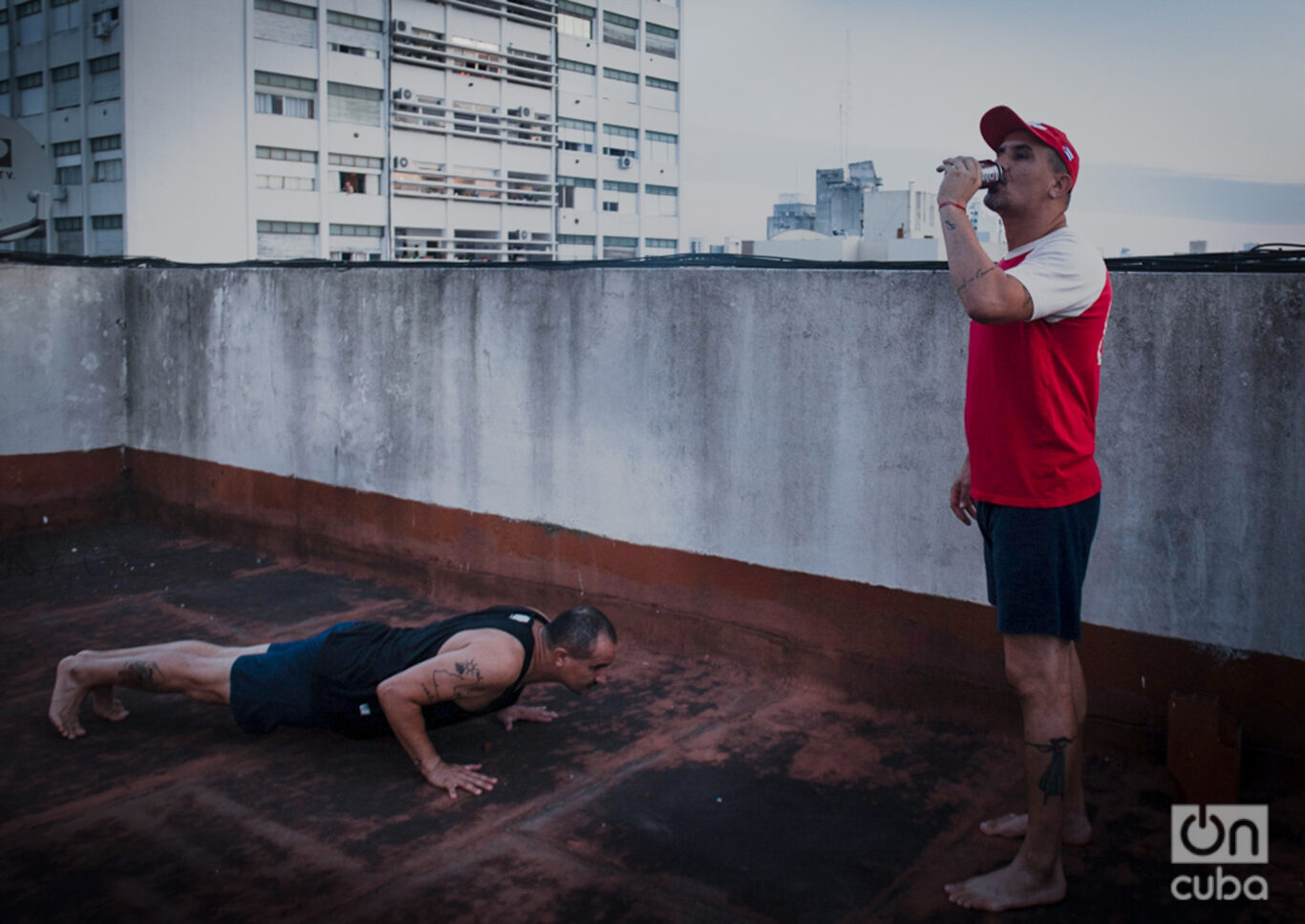
For a few weeks I published the mimicisms in my accounts on social networks. Each delivery was with a message in humor. For example, three mimicisms with different masks and one disguised with my mother’s clothes. The image was accompanied by this text:
After 26 days of confinement with these henchmen, we see you in the urgency of leaving for supplies. What mimism and mimism II do not stop eating and drinking. Of course, we are protected although missing glamor. Always together but not scrambled. Respecting the distance that if not, you know, it takes “what is going,” as the van van sing. If you go out, be with chin, mask, tapaboca or nasobuco (as they say in Cuba).
PD: Mother, know how to have used your preferred adjuster as Nasobuco before this emergency.
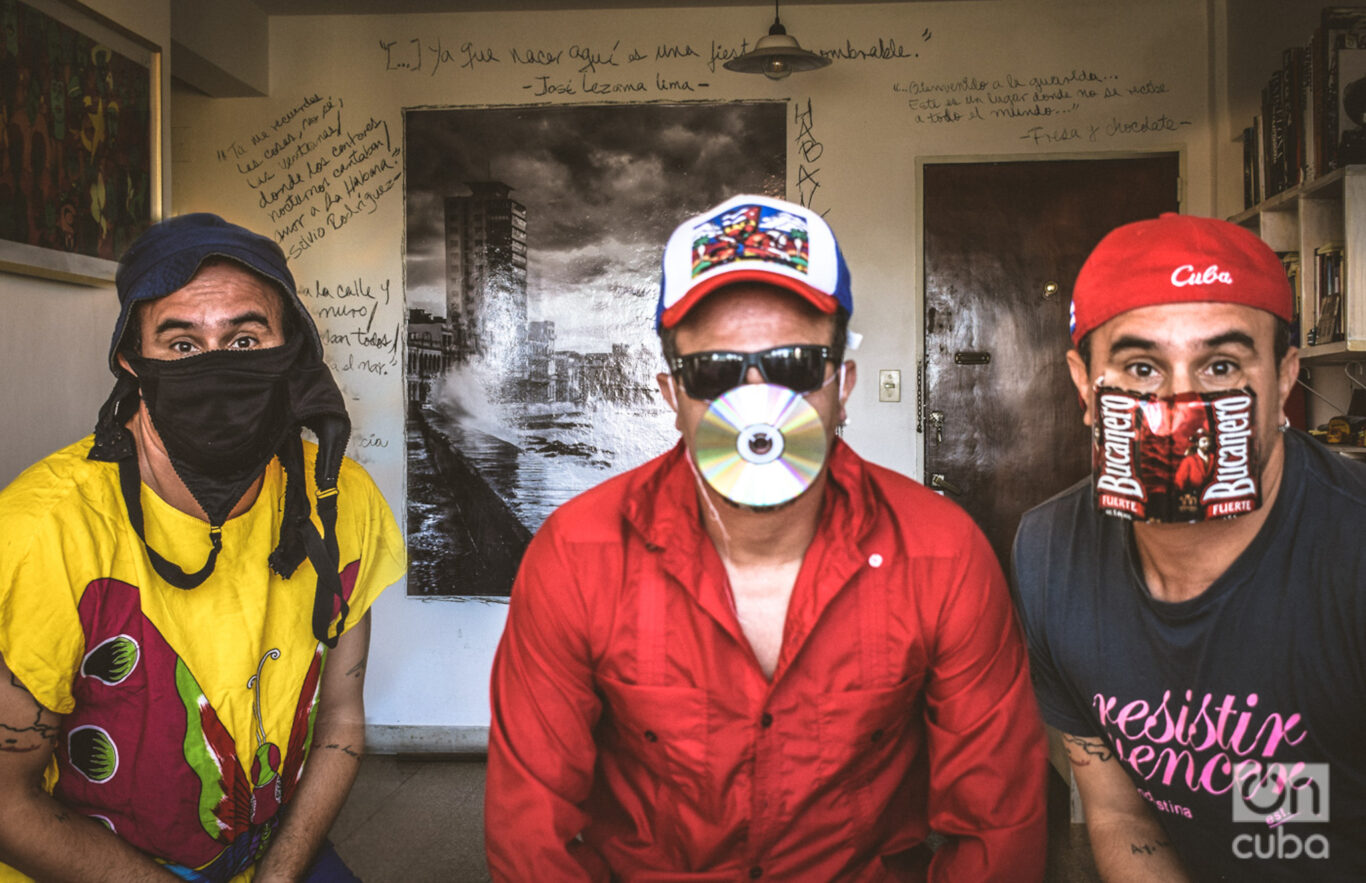
I had no other intention to share and show how I was dealing with that confinement. And in doing so, I realized that I was not so alone. Comments, messages, shared laughs from the other side of the screen became a kind of breath.
That is why one of the spatings photos of this series was recently included in the photolibro Small anecdotes about quarantineof the Bex American Publishing Seal Latin American Photography. A group of photographers documented – one in its own way – that strange stage of history.
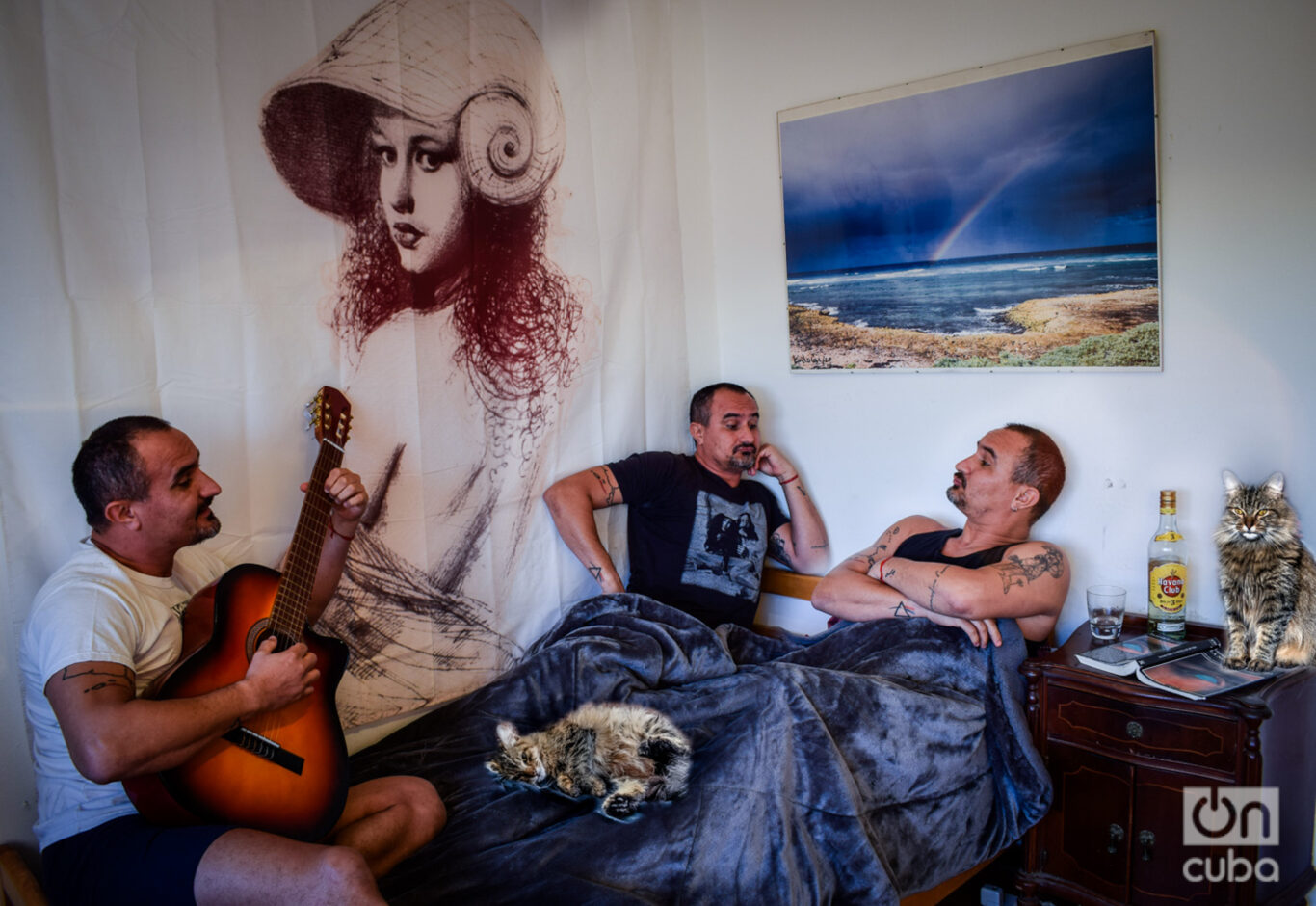
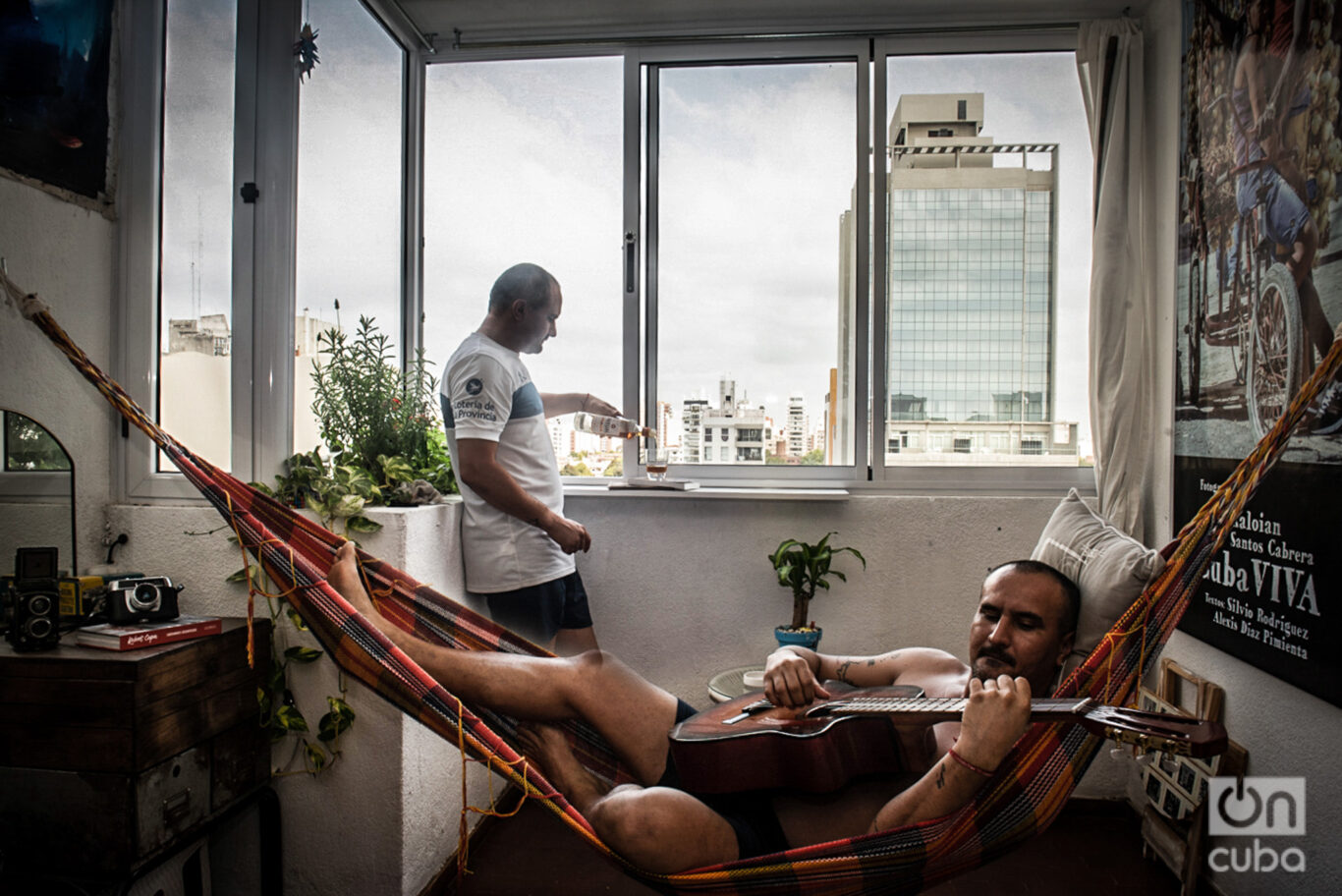
To the great Cuban poet Alexis Díaz-Pimienta He honored his verses to mimicisms. Thus wrote that tenth artist and suddenism about a party scene:
Kalo’s enjoyment
Kalo the smoking smoking
Your home in foreign lands.
Today there will be palms and reeds
And nostalgia is smoked.
Subtract fears, but add
Sincere melancholy.
Guayabera has put on
Red that inherited from the old man
And shouts in front of the mirror
The enjoyment was formed!
Kalo the drunk is happy.
Drink rum and eruta verses.
It makes tremendous efforts
Not to forget your country.
The rum nourishes its root.
The rum his timely tone.
Guayabera has put on
Blanca that brought from Cuba
And it is encouraged … what a fuck!
The enjoyment was formed!
Kalo the guitarist touches
Rock, Son and Punto Guajiro.
Has a sigh
At the tip of the mouth.
He himself self -will
And caresses the wood.
Guayabera has put on
Blue that likes it so much
And shout between song and song:
The enjoyment was formed!
Kalo the photographer treats
Of seeing natural
But something goes wrong
That position kills him.
It has innate vocation
Of photographer, a beast …
A guayabera has been put
That goes in tune with your skin.
And shout at him with him:
The enjoyment was formed!
Kalo and Kalo and Kalo and Kalo,
Enguayabrados all.
Speaking even by the elbows
In your own self -register.
Kalo, how smoking is bad.
Kalo, go drunk.
Kalo, go enjoying.
Kalo, a mother party.
What kalamity, compadre!
I don’t even have Guayabera!
But like everything in pandemic and in life, the impulse had an end. One day I stopped doing those self -portraits. The time had come to go to photograph the outside world, increasingly hard. And there were the mimicisms, like the days of an intimate diary.
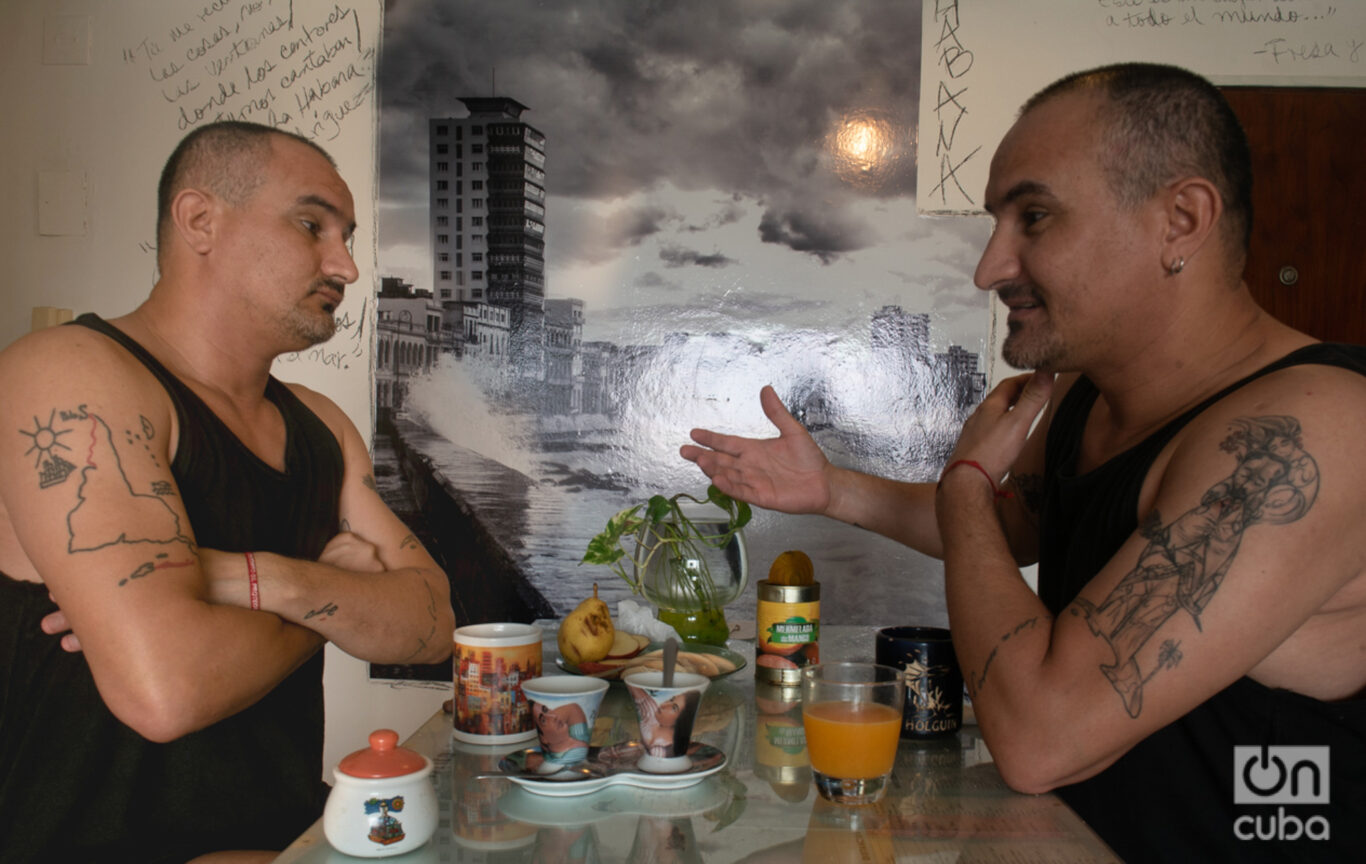
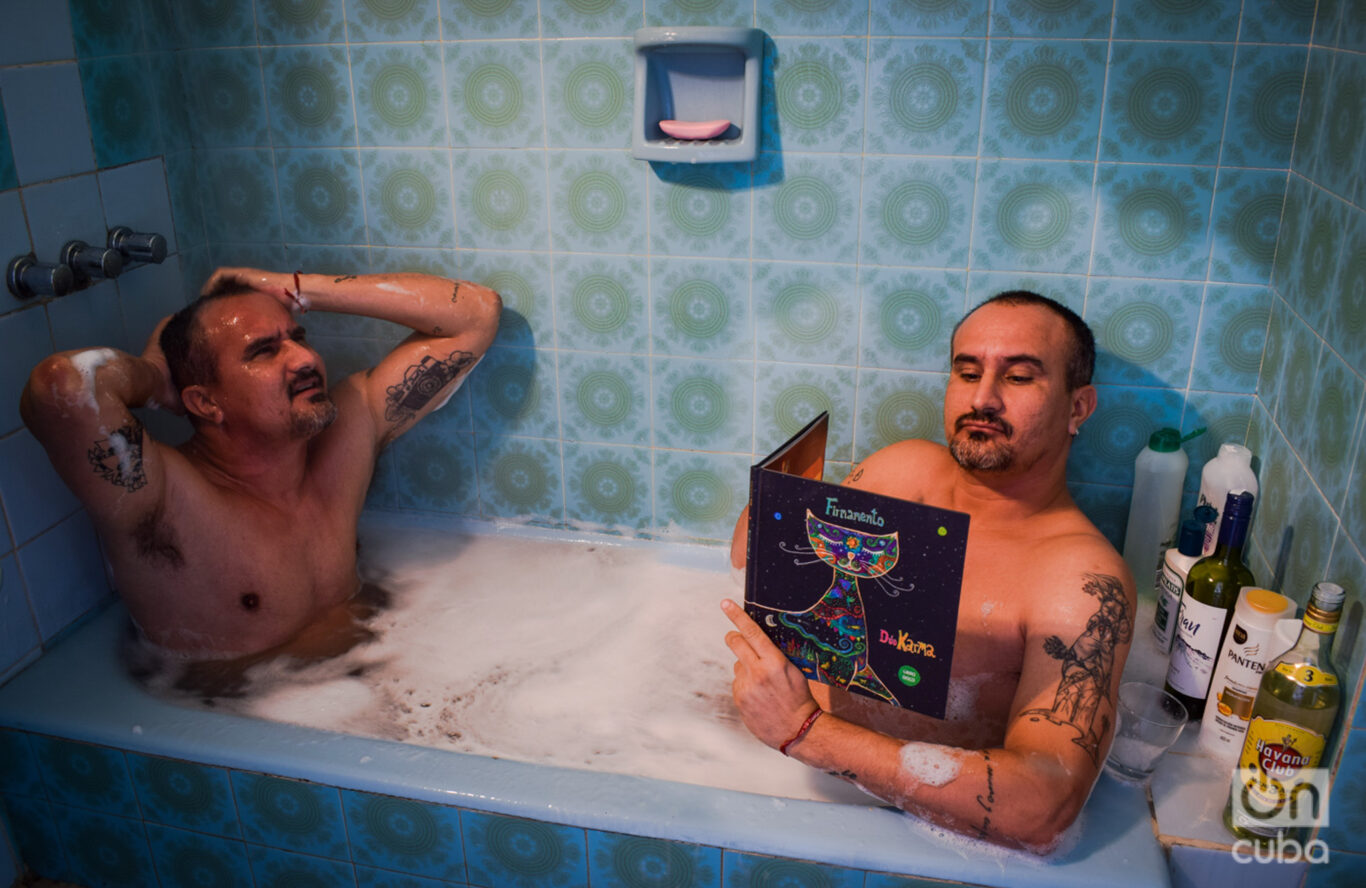
Recently, almost by chance, the folder in which I kept those assemblies appeared on my computer. I hadn’t seen them again. I was surprised. I laughed. I got excited. Those “Ies” were me and were not. They were versions of my confinement, of my anguish, of my need for play. And, at the same time, even if it sounds weird, of a resistance.
Because filling the hours with imagination and creation was a psychological lifeguard. Pandemia was not just a sad sanitary or social event. It was also a wound in mental health. Many were the psychic victims, as beaten as those who lost relatives, or the doctors who saw dozens of patients die every day.
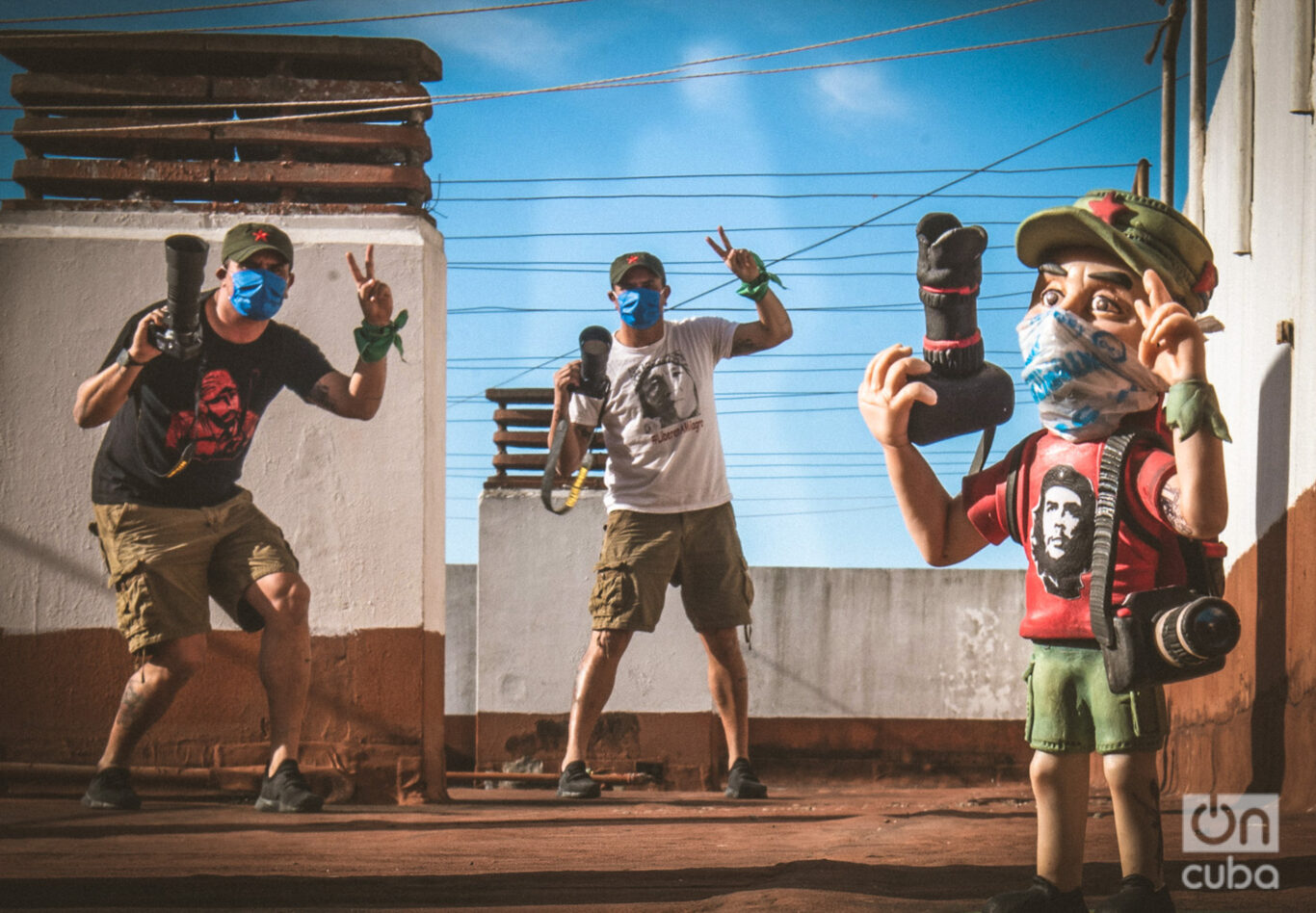
Creating mimicisms was my therapy. My way of processing something we didn’t understand. And so, in the middle of the confinement, I hugged and invented others. To continue being.
Five years have passed. The world continued to turn. We returned to the street, on contact, to the hugs. But something was broken. Something changed. That pandemic forced us to look otherwise. To ask us what is essential. To rethink time. To measure life not only in years, but at true moments. Although it seems something forgotten.
